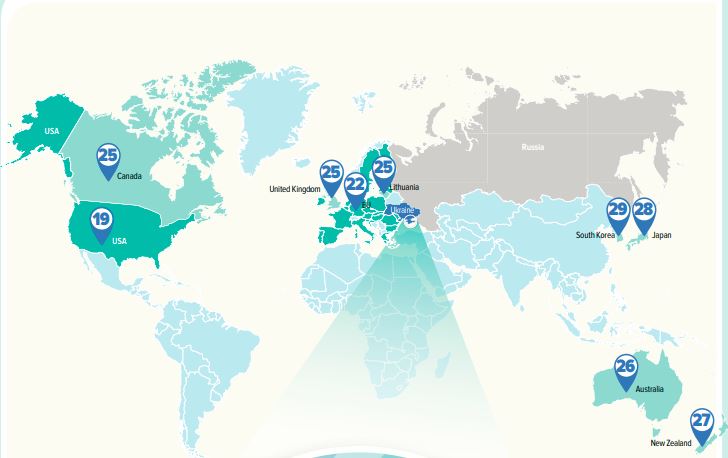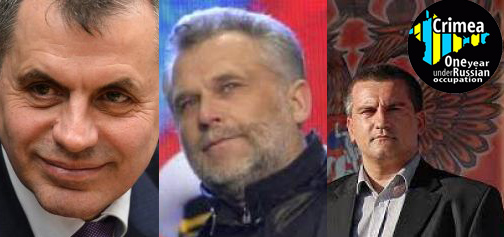In an ideal world, the international and legal world order would be ensured by the UN Security Council. In reality, two of its permanent members, Russia and China, are authoritarian states. They violate the international and legal world order themselves and stand ready to block any sanctions against them. Therefore, the second best option is currently in place: a decentralized sanctions architecture, which, in essence, aims to maintain the international and legal world order.
Sanctions imposed on Russia or Russian citizens after the occupation of Crimea and the aggression in Donbas constitute the principal move taken by the Western states against the attacker. This is their (often the only) way to show solidarity with the victim and an attempt to change the behavior of the aggressor. However, sanctions will only be effective insofar as they are potent. When the spirit or the language of sanctions is violated, resulting in lack of any prosecution, Russia both gets the forbidden fruit and strengthens its grip over Crimea, and on top of that it undermines the very spirit of Ukraine’s support against the aggressor.
Therefore, it is extremely important to understand the existing architecture of sanctions legislation and the ways in which Russia and Western companies manage to circumvent it. This is exactly why this document was written. Its author is Alya Shandra, a Ukrainian journalist, and editor-in-chief of the English-language website euromaidanpress.com. She is the author of an investigation piece looking into the violations of sanctions by the German company Siemens, which supplied gas turbines for power plants in the occupied Crimea.
The document includes three parts:
- Summary and recommendations: summary of the entire document and recommendations for the Ukrainian government to support and strengthen the
Western sanctions regimes. - How Western companies circumvent sanctions in the occupied Crimea: an overview of general concepts from the theory of avoiding sanctions and a snapshot of the ways to do it based on the example of six cases of ho Western companies skirted sanctions in the occupied Crimea: Norwegian ilmenite delivered by German shipping companies, construction of the Crimean bridge, credit cards in Crimea, retail companies, Siemens gas turbines, and Siemens-Grundfos water pumps. On top of that, we have collected some examples of Western companies that were held accountable for violating sanctions.
- The Map of sanctions applied in connection with Russia’s aggression against Ukraine: an overview of the main current sanctions legislation in all countries of the world, as well as the reasons for its absence in some key Asian countries. Also, in this section we have collected information about the “maritime sanctions” (i.e. the international ban on entering Crimean ports by ships) that are critical for the Crimean economy, and the opportunities for Ukraine that open up with the emergence of the so-called international architecture under the so called Magnitsky Acts, which allow to prosecute individual violators of human rights instead of an entire country.
Find the report "Crimean sanctions: violations, monitoring, and enforcement" by Alya Shandra here





